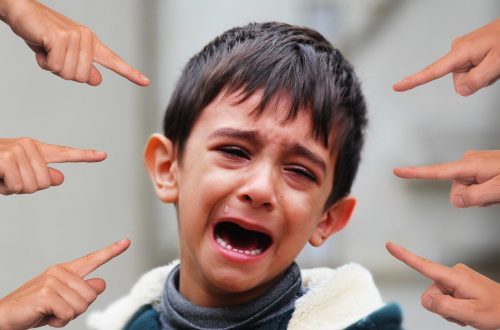
What is trauma, and how to deal with it
The COVID-19 pandemic has taken a toll on people’s mental health. The spike in disturbing data, news, images and videos has acted like a trigger for many. This has caused many people to suffer from Post-Traumatic Stress Disorder (PTSD). It’s a mental health condition triggered by a terrifying event, causing flashbacks, nightmares and severe anxiety. Here’s looking at what is trauma, and how to deal with it.
Dealing with trauma
Take the case of 30-year-old Reema Jain (name changed). She recently lost her mother to COVID-19, and has become increasingly anxious. Reema says, “Losing my mother to COVID-19 was traumatic. It was sudden, and everything happened so fast. I don’t feel I had enough time with her. I have not really been able to deal with the pain I am experiencing because I am increasingly anxious about my job.”
Reema says this has compromised her daily routine. She adds, “I am unable to focus or sleep properly. I’m re-living the time my mother spent in the hospital, without us around her due to social distancing norms.”
Understanding what trauma is…
Psychiatrist Dr Sagar Mundada believes that trauma is subjective. According to him, the loss of a loved one, a long-time job or the end of a long-term relationship can cause trauma in certain individuals. This is especially true, if they are heavily emotionally invested. He adds, “Whenever there is a major traumatic event, generally, it’s normal to grieve for a few weeks to a few months. If it extends beyond three months, and the mental condition is the same, we conclude there’s an element of PTSD there.”
Signs that a person is suffering because of a traumatic event
- He/She finds it difficult to sleep. They wake up in the middle of the night, and keep thinking about the traumatic event.
- The individual has flashbacks of the traumatic event, as if it’s playing right in front of their eyes again.
- It compromises their daily routine. Alters their mood drastically, leading to reduced food intake and overall melancholy. In some cases, it can also lead to the person slipping into depression.
Four stages of coping with trauma
- Denial The person is not ready to accept what has happened, and is stuck in this phase. Not ready to move on.
- Anger He or she is upset with himself / herself, and feels something could have been done to change things.
- Frustration He or she is struggling to accept reality.
- Acceptance This is the last stage where the individual finally acknowledges what has happened.
Dr Sagar says, “Many people get stuck in the denial or angry phase. One needs to acknowledge what has happened, and also, perhaps that it was not totally under one’s control. Try and come to the acceptance and acknowledgement phase, as early as possible. The sooner, the better it is.”
Seeking therapy to heal emotionally
Dr Sagar recommends that even after three months, if you find yourself not able to move on, seek professional help. He says, “Medication is generally prescribed, under certain conditions. Eye Movement Desensitization and Reprocessing (EMDR) is also a kind of therapy that is used to help those suffering from PTSD.” Dr Sagar says the intensity of the trauma can be reduced in the mind using EMDR so therapy is used alongside counselling and medication. This can be achieved by creating a good social structure, and a safe space where the individual feels comfortable talking about what he or she is experiencing.




